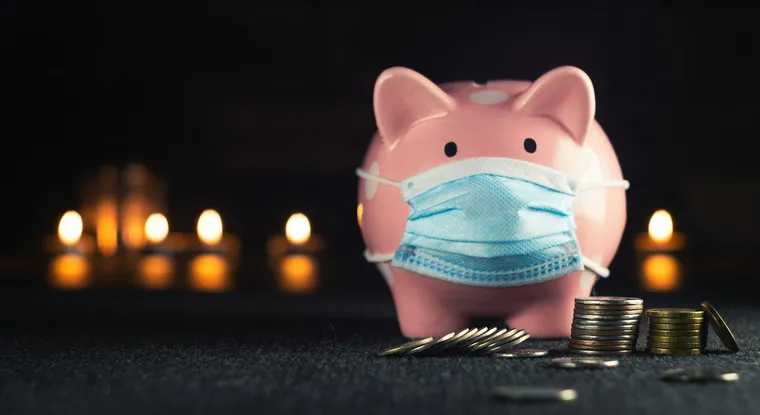However, they come with their own set of considerations, such as interest rates and eligibility criteria. We'll explore everything you need to know to make informed financial decisions.
Introduction to Unsecured Loans
Unsecured loans, unlike their secured counterparts, do not require borrowers to put up any collateral. This means you don’t need to risk personal assets such as your home or car to qualify for one. Their simplicity and accessibility make them an attractive option, especially for those who might not have valuable property to offer or prefer not to tie it up against a loan. In essence, the borrower's creditworthiness is the main criterion lenders consider when approving these loans.
These types of loans can be obtained from a variety of sources, including online lenders, banks, and credit unions. Borrowers enjoy the convenience of flexible terms and the relative ease of the application process. Due to the lack of collateral, unsecured loans typically carry higher interest rates compared to secured loans. However, they serve as a financial lifeline, providing funds for diverse needs ranging from debt consolidation to covering emergency expenses. Their versatile nature and accessibility mark unsecured loans as a valuable tool in personal finance.

How Unsecured Loans Work
Unsecured loans, unlike their secured counterparts, are granted solely based on your creditworthiness and financial history. This means you won't need to provide collateral, such as a house or a car, to secure the loan. Lenders assess your credit score, income, and employment history to determine your eligibility and the interest rate you qualify for. The absence of collateral makes the loan application process generally quicker and less cumbersome, allowing borrowers to receive funds in a relatively short period.
Another defining feature of unsecured loans is their versatility. Once approved, the borrowed funds can be used for a myriad of purposes, from consolidating high-interest debt to financing a major purchase or covering emergency expenses. The flexibility extends to loan amounts and repayment terms, offering a range of options to fit your financial situation. While this ease of access is beneficial, it’s crucial to manage the loan responsibly to avoid potential pitfalls, such as high interest rates and the possibility of damaging your credit score if payments are missed.
Types of Unsecured Loans
Unsecured personal loans are among the most versatile financial tools available. You can use them for a wide range of purposes, such as consolidating debt, covering emergency expenses, or financing home improvements. Since these loans don't require collateral, approval mainly hinges on your creditworthiness and income stability. If you have a strong credit history and a reliable source of income, securing a personal loan could be relatively straightforward.
Another prevalent form of unsecured credit is the credit card. Unlike traditional loans, credit cards offer a revolving line of credit that you can tap into as needed. They are excellent for everyday purchases, travel transactions, or even emergencies. However, it's essential to manage credit card debt responsibly, as interest rates are typically higher compared to personal loans. Lastly, student loans are a unique category designed to help you finance your education. They often come with favorable repayment terms and lower interest rates, making them a critical resource for many students pursuing higher education.
